The Psychology of Survival: How to Stay Mentally Strong in Crisis
When disaster strikes—whether you’re lost in the wilderness, facing a sudden crisis, or enduring the aftermath of a catastrophe—your physical survival skills are only part of the equation. The real battle happens in your mind. In high-stakes situations, mental resilience can be the difference between giving up and pushing through.
At Survival Siren, we’re here to unpack the psychology of survival and share proven strategies to keep you mentally strong when the world feels unstable. Because when everything’s on the line, your mindset is your ultimate survival tool.
Why Mental Strength Matters in Survival
Your mental state can shape your fate in a crisis. Here’s why building mental toughness is critical:
In a survival scenario, mental strength transforms chaos into opportunity. It’s not just a bonus—it’s a necessity.
1. Understanding the Survival Mindset
Survival isn’t about what you carry in your pack—it’s about what you carry in your head and heart. Let’s break down the traits that define a survival–oriented mindset:
Key Traits of a Survival–Oriented Mindset:
These traits aren’t innate for most—they’re skills you can develop with practice.
2. Common Psychological Challenges in Survival Situations
Crises push your mind to its limits. Here are the biggest mental obstacles you’ll face—and how to overcome them:
Fear and Panic
Loneliness and Isolation
Hopelessness or Fatalism
Key Takeaway: Your mind will try to sabotage you. Fight back with structure and optimism.
3. Techniques to Build Mental Resilience
Mental toughness isn’t magic—it’s a muscle you can train. Here are practical techniques to strengthen your mental resilience:
Mental Rehearsal (Visualization)
Controlled Breathing (Box Breathing)
Daily Routine Creation
Gratitude Practice
Journaling or Mental Reflection
Pro Insight: Start these habits now—they’ll be second nature when you need them most.
4. Group Dynamics and Survival Psychology
In a group, mental strength is contagious—for better or worse. Here’s how to keep the collective mindset strong:
Tips for Positive Group Mental Health:
Real–World Example: A stranded hiking group survived days in the cold by assigning roles and singing songs—team spirit kept them going.
5. Real–World Survival Stories & Psychological Lessons
Survivors teach us that mental strength isn’t theory—it’s practice. Here are two inspiring examples:
Ernest Shackleton’s Antarctic Expedition
Modern Disaster Survivors
Big Idea: Survival isn’t passive—it’s an active choice to engage your mind and spirit.
Frequently Asked Questions (FAQs)
1. Can mental training really improve survival odds?
Yes! Studies show that mentally prepared people respond quicker, think clearer, and stay motivated longer. It’s a game-changer.
2. What if I start panicking in a survival situation?
Slow your breath—try box breathing—and focus on one small task: shelter, water, warmth. Action kills panic.
3. Is it okay to cry or feel scared in a crisis?
Totally. Feeling emotions is normal—what counts is not letting them steer the ship. Acknowledge, then act.
Conclusion
In survival, your tools get you started, but your mental grit gets you home. A resilient mindset keeps you calm, decisive, and hopeful when the stakes are highest. At Survival Siren, we’re committed to helping you master the psychology of survival—because in a crisis, your mind is your compass. Build it now, and you’ll be unstoppable later.
🧠 What mental trick helps you stay focused in stressful times? Share below!



